Abstracts
Designing the Farm of the Future
10:00–10:25 a.m.
John Deere is the world’s premier farm equipment manufacturer and is committed to those linked to the land. We believe that in serving them, we support improving the quality of life for people all around the world. We see several major global trends affecting the agriculture industry: population growth, increased demand for food, larger farms, skilled labor shortages, and environmental sustainability. Within John Deere, the modeling community is building the infrastructure to meet these challenges efficiently and effectively through the use of systems engineering, model-based development, and simulation. This development balances the need for cutting edge tools with stable enterprise-wide infrastructure. This presentation will highlight the technology that Deere is currently using and developing to meet our needs spanning from component design to designing the farm of the future.

Emily Horn, John Deere
Model-Based Agility with Ford Automated System Simulation Toolchain (FASST)
10:30–11:05 a.m.
Ford Automated System Simulation Toolchain (FASST) is a vehicle simulation toolchain for distributed chassis controls and DAT features used for feature development and verification throughout the development cycle utilizing MIL, SIL, and HIL. FASST is a modern verification method/toolchain that enables Ford engineers to implement agile practices and continuous integration within their Model-Based Design and systems engineering processes. FASST helps develop and build a virtual vehicle, helping tackle all technical and process-related challenges. It also serves as a virtual factory, building the virtual vehicles in an automated fashion. Similar to just-in-time delivery in the physical world, every delivery of a software component can be tested directly in the virtual world. Continuous verification and validation of integrated virtual vehicle can then help detect system issues early on and drive quality and reduced verification costs.
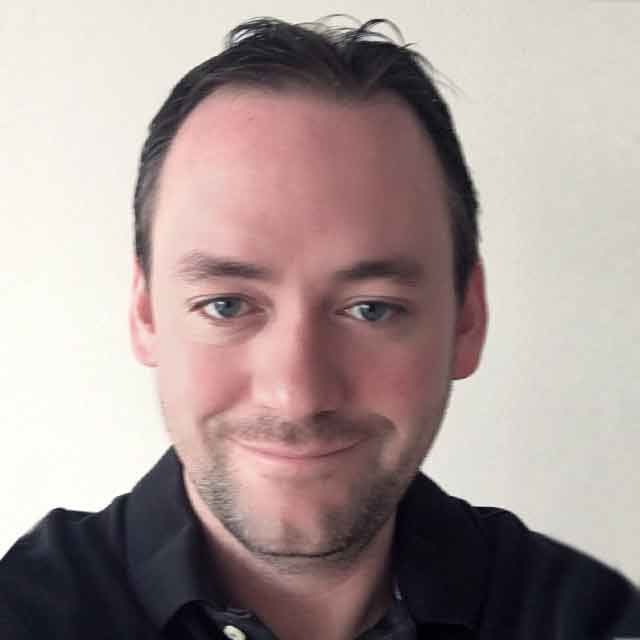
Nate Rolfes, Ford
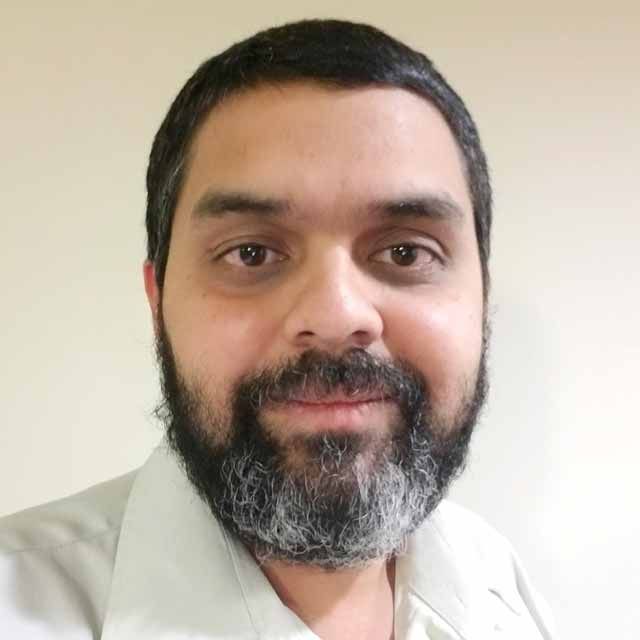
Raghu Baskaran, Ford

Steven Foster, Ford
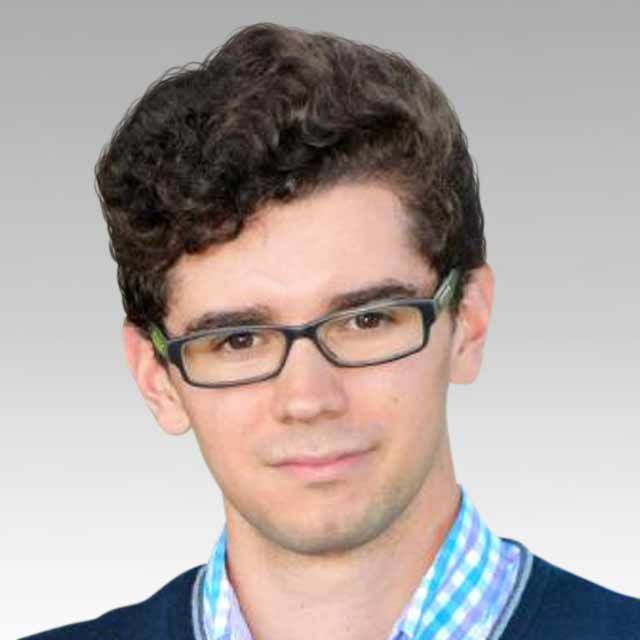
Nick Adams, Ford
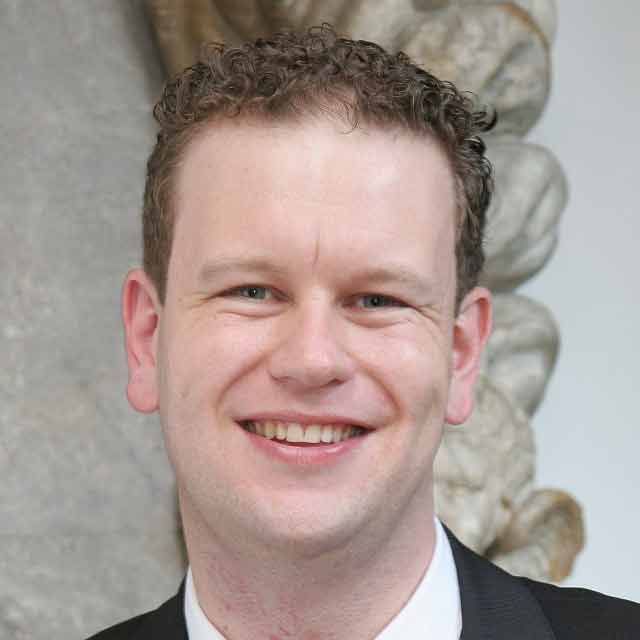
Robert ter Waarbeek, Ford
Model-Based Design Maturity: Trends and Learnings from Process Assessments
11:25–11:50 a.m.
In 2014, MathWorks introduced a formalized Process Assessment framework for benchmarking one organization’s Model-Based Design process against the peers in the industry. Since then, many assessments have been carried out around the world, including with automotive OEMs and suppliers. This presentation will examine the findings from these assessments, including general trends, correlation and propose causations between processes, along with opportunities for tool improvements and recommendations.
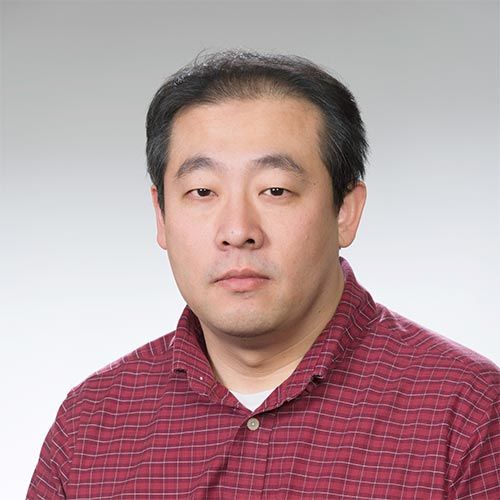
John Lee, MathWorks
Simulink for Virtual Vehicle Development
11:50 a.m.–12:15 p.m.
In the presentation, MathWorks engineers will discuss use cases of virtual vehicle simulation and how Simulink® as a platform enables the development and execution of such large-scale models. New Simulink capabilities and relevant model best practices will also be introduced.
Using Model-Based Design for Vehicle Dynamics Simulation
12:15–12:40 p.m.
In a world where rapid cadences for new product launches can be a competitive advantage, adaptable and reliable product simulation is critical. The tire industry is no exception, particularly with increased demands for virtual tire submissions and supplemental vehicle testing.
Though several potent, multi-body vehicle simulation packages currently exist, they require detailed subcomponent-level data which automotive OEMs are rightfully reluctant to share. Even with access to these proprietary design parameters, thriving in the replacement tire market requires testing tire performance across a diverse vehicle fleet. It is expensive to collect the comprehensive models needed to represent the vast range of consumer-driven vehicles.
Cooper Tire & Rubber Company teamed up with MathWorks to advance and refine a robust set of tools to drive technological breakthroughs in vehicle dynamics simulation. By utilizing Vehicle Dynamics Blockset™, Model-Based Calibration Toolbox™, Simulink Design Optimization™, and other innovative methodologies, we can predict vehicle response, tire-generated forces and moments, and a suite of objective testing metrics.
This presentation will share Cooper’s high-level approach to vehicle simulation, how MathWorks has helped augment our computational procedures, and how Cooper is expediting the tire development process by simulating on-vehicle performance.
Creating Driving Scenarios from Recorded Vehicle Data for Validating Lane Centering Systems in Highway Traffic
10:00–10:25 a.m.
Automotive companies typically have an abundance of real data recorded which is often not suitable to test closed-loop control systems. This presentation introduces a methodology for creating virtual driving scenarios from recorded vehicle data to enable closed-loop simulation. This methodology is applied to test a lane-centering application.
What’s New in MATLAB and Simulink for ADAS and Automated Driving
10:25–10:50 a.m.
As the level of automation increases, the use scenarios become less restricted and the testing requirements increase, making the need for modeling and simulation more critical. In this session, you will learn and how MATLAB® and Simulink® support engineers building automated driving systems with increased levels of automation. You will learn about new features in Releases 2019b and 2020a for:
- Designing perception, planning, and controls components
- Testing by simulating driving scenarios and sensor models
- Deploying by generating C/C++ code
You will learn about these topics through examples that you can reproduce when you return to your office.
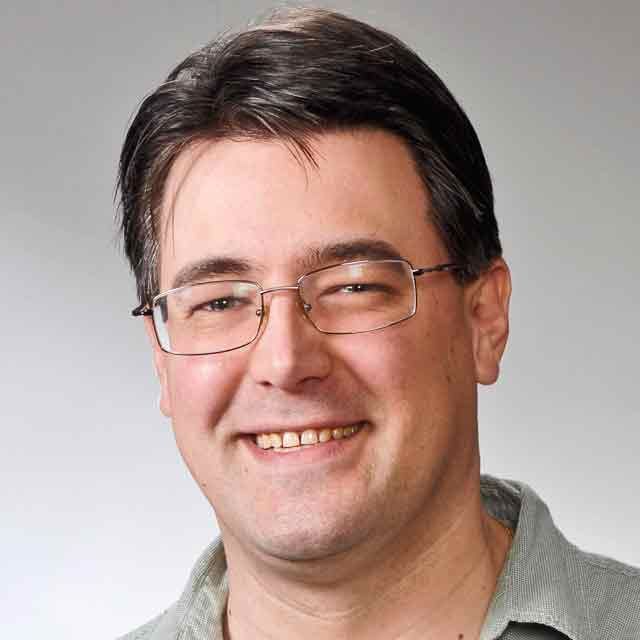
Mark Corless, MathWorks
Developing Planning and Controls for Highway Lane Change Maneuvers
11:20–11:45 a.m
An automated lane change maneuver (LCM) system enables a vehicle to automatically move from one lane to another lane. The LCM system identifies objects surrounding the vehicle, plans an optimal trajectory that avoids these objects, and steers the ego vehicle along this trajectory. In this session, you will learn how you can use MATLAB® and Simulink® to:
- Model the planning and controls components
- Model scenarios and vehicle dynamics to test components
- Simulate and assess behavior with traffic on straight and curved roads
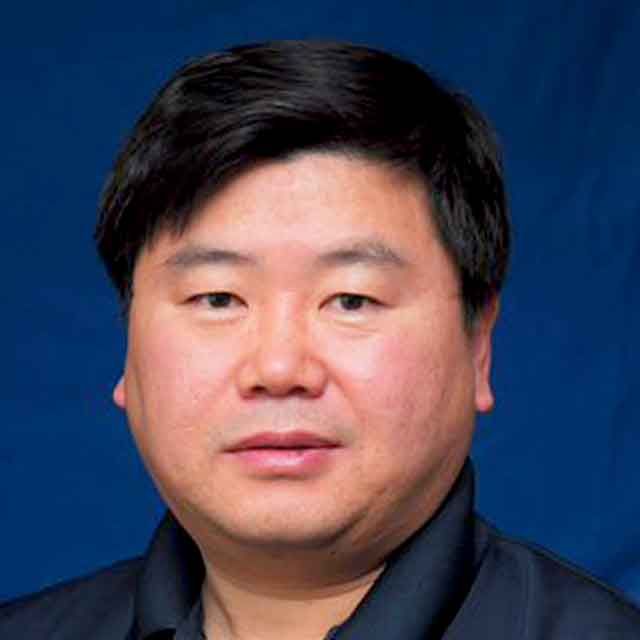
Seo-Wook Park, MathWorks
Advantages of Level 2+ Advanced Driver Assistance Application Prototyping Using Model-Based Design
11:45 a.m.–12:10 p.m.
In this presentation, AVL will demonstrate its Level 2+ advanced driver assistance system (ADAS) applications algorithm development and implementation, automatic code generation, control hardware prototyping, and vehicle testing using Model-Based Design with MATLAB® and Simulink®, including successful use case of advanced algorithms and data structure. The advantages of Model-Based Design in modularity, efficiency, and team synergy will also be discussed, facilitating AVL's rapid, white box, platform agnostic, and partnership-open ADAS controls development.

Sunny Sun, AVL
Toolchain Definition and Integration for ISO 26262–Compliant Development
12:10–12:35 p.m.
Simulink® and Stateflow® are used extensively for ISO 26262–compliant embedded software development, from ASIL-A through ASIL-D. The algorithmic needs of advanced driver assistance and autonomous driving applications are often expressed more naturally in MATLAB®, however. In this session, Dave Hoadley discusses the challenges and best practices for achieving ISO 26262 compliance in a mixed MATLAB and Simulink paradigm. Examples include applying verification and validation tools to software components authored primarily in MATLAB and integrating Simulink with collaboration tools such as Git™ and Gerrit Code Review.
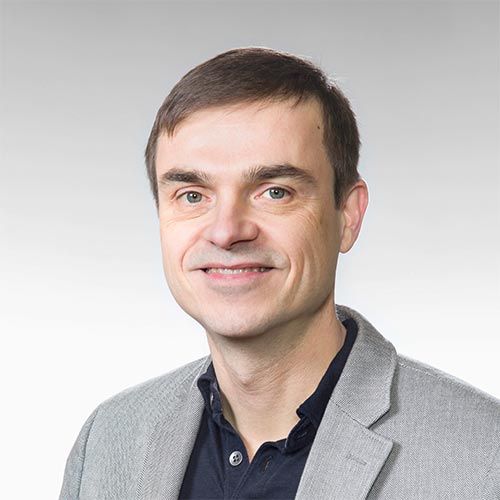
Dave Hoadley, MathWorks

Dave Hoadley
MathWorks
Dave Hoadley is a principal technical consultant at MathWorks. He supports customers using Model-Based Design and MATLAB® for data science in a variety of scenarios, ranging from ad hoc small groups to established enterprise adoptions. Dave has been at MathWorks for 14 years and has worked extensively with groups doing high-integrity software development and verification in the automotive, defense, civil aviation, and medical device markets. Prior to joining MathWorks, Dave spent nine years developing computer-based test, measurement, analysis, and control systems for these same application areas. He received his Ph.D. in physics from Michigan State University.

Mark Corless
MathWorks
Mark Corless is an automated driving segment manager at MathWorks, responsible for strategy planning and technology rollout. His focus is to help industry and academia leverage MATLAB and Simulink to develop automated driving applications. Prior to this role, Mark was a principal application engineer focused on simulation and code generation workflows for control and signal processing applications. During this time, Mark helped customers establish workflows to develop algorithms for implementation on embedded processors and FPGAs. Before joining MathWorks in 2004, Mark was a DSP engineer at Visteon, where he designed automotive audio and receiver systems. Mark has a master’s degree in electrical engineering from the University of Michigan, Dearborn.

Seo-Wook Park
MathWorks
Seo-Wook Park is a principal application engineer at MathWorks, focusing on advanced driver assistance systems (ADAS) and automated driving. He is working on ADAS algorithm development, including vision and radar sensor fusion algorithms for forward collision warning and AEB, lidar 3D point cloud signal processing for autonomous driving, groundtruth labeling for vision data, and deep learning for computer vision. Before joining MathWorks, he worked in passive and active safety electronics development at Autoliv, Bosch, and Hyundai Autonet for over 20 years. Seo-Wook has a Ph.D. in robotics and control systems from the Korea Advanced Institute of Science and Technology (KAIST).

Will Wilson
MathWorks
Will Wilson is an application engineer at MathWorks, where he focuses on data analytics, machine learning, and big data. Prior to joining MathWorks in 2015, Will spent 10 years working at Robert Bosch, LLC, in Plymouth, Michigan. There, he focused on safety-related products, including occupant classification systems and airbag control systems. His experience at Bosch included systems engineering, airbag calibration, technical project management, and strategic marketing with a focus on ADAS technology. Prior to Bosch, Will spent seven years working at Johnson Controls, where he designed and launched power seat track mechanisms. He holds a B.S. in mechanical engineering from Kettering University.

Gokhan Atinc
MathWorks
Gokhan Atinc is a senior software engineer on the Statistics and Machine Learning Toolbox™ team at MathWorks. He is responsible for developing software to provide machine learning capabilities to edge devices and embedded systems. He has a Ph.D. in mechanical engineering from University of Illinois at Urbana-Champaign.

Arvind Hosagrahara
MathWorks
Arvind Hosagrahara leads a team that helps organizations deploy MATLAB® algorithms in critical engineering applications, with a focus on integrating MATLAB into enterprise IT/OT systems. Arvind has more than 20 years of hands-on experience developing MATLAB and Simulink® applications and integrating them with external technologies. He has helped design the software and workflow for a variety of production applications focusing on robustness, security, scalability, maintainability, usability, and forward compatibility across automotive, energy and production, finance, and other industries.
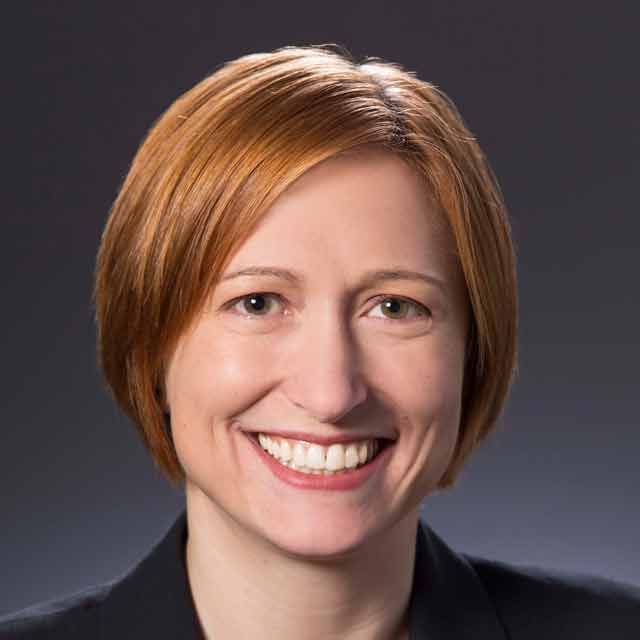
Emily Horn
John Deere
Emily Horn is responsible for leading the Advanced Simulation and Analysis team for John Deere’s Global Technology Innovation Network. In this role, she established the strategic roadmap for developing simulation technology to support emerging product needs across the business ecosystem. Her team’s mission is to grow simulation as a competency across John Deere, to develop new internal capabilities and infrastructure, and to direct university and industry research to meet John Deere’s needs. As part of her role, she coordinates research across global engineering centers and partners with the high-performance computing and software teams. Emily is focused on enabling model-based systems engineering and the deployment of simulation tools to an ever wider audience.

Mike Sasena
MathWorks
Mike Sasena is a product manager focusing on the automotive products developed at the MathWorks office in Novi, Michigan. Prior to joining MathWorks, Mike spent 14 years working on model-based system engineering projects for the automotive industry. His experience includes hybrid electric vehicle modeling for fuel economy analysis, model predictive controls development, and heterogeneous system simulation. Mike received his Ph.D. in mechanical engineering from the University of Michigan.

Jason Rodgers
MathWorks
Jason Rodgers is a senior application engineer at MathWorks. Prior to MathWorks, he spent five-and-a-half years at Toyota R&D in the Model-Based Design group. He specialized in powertrain modeling and using model-based control, along with various optimization techniques to develop new powertrain systems. Jason earned a B.S.M.E. and an M.S.C. from the University of Michigan.

Yifeng Tang
MathWorks
Yifeng Tang is an application engineer at MathWorks. Prior to MathWorks, he worked for Ford in the combustion system research group. He specializes in modeling and simulation of mechanical, thermal and fluid systems, and supports Simulink products for multidomain physical modeling. Yifeng has a Ph.D. in mechanical engineering from the University of Michigan and a B.S.E. in mechanical engineering from the dual-degree program of the University of Michigan and Shanghai Jiao Tong University.

Kevin Oshiro
MathWorks
Kevin Oshiro is a principal application engineer at MathWorks and focuses on enabling Model-Based Design through physical modeling, control algorithm development, and optimization methods. His areas of expertise are designing multidomain mechatronic systems and electrified powertrains. In addition to serving MathWorks commercial customers, he also mentors teams in the EcoCAR collegiate competition. Prior to joining MathWorks in 2013, he worked at PACCAR (Kenworth Truck) for 10 years in the research and development group, utilizing MathWorks tools and a Model-Based Design process to develop proprietary hybrid electric powertrains for medium- and heavy-duty trucks. Kevin earned a B.S. in mechanical engineering and electrical engineering from the Colorado School of Mines, and an M.S. in electrical engineering (controls theory) from the University of Washington.

Scott Furry
MathWorks
Scott Furry is a senior consultant at MathWorks. He specializes in helping automotive OEMs and suppliers adopt Model-Based Design methodologies and tools for electronic control system engineering. He has worked with companies from a wide range of industries including automotive, aerospace, and defense. Prior to joining MathWorks, Scott developed control systems for General Motors and Bosch. His work includes powertrain controls design, rapid control prototyping, hardware-in-the-loop testing, engine calibration, and system modeling. Scott received his B.S. and M.S. in mechanical engineering from the University of Michigan.

Shusen Zhang
MathWorks
Shusen Zhang is an application engineer at MathWorks for advanced driver assistance systems (ADAS) and automated driving segments. He is responsible for helping customers establish workflow using MathWorks solutions and building proofs of concept. His primary interest is algorithm development and testing for localization, mapping, planning, and controls. Prior to this role, Shusen was an application engineer focused on multidomain physical modeling and system simulation. Before joining MathWorks, Shusen was a development engineer at Navistar, working on smart cruise control systems integrated with map databases.

Kathi Dobies
Ford
Kathi is a Model-Based Design and Model-Based Systems Engineering manager, globally leading the development of methods and standards to advance model-based engineering and simulation. She has worked for Ford Motor Company for 30 years in a diverse set of engineering and management positions. She has experience across multiple automotive disciplines such as vehicle engineering, powertrain, body engineering, vehicle assembly launch, quality, computer aided engineering, corporate standards, and digital innovation. Throughout her career, Kathi has led several change initiatives across multiple skill teams. All involved significant changes in how people work and adopt new technology, always striving to improve both efficiency and effectiveness in accomplishing required tasks. Kathi has been continuously engaged in training, mentoring, communication, and education to improve the implementation of change. Kathi has a bachelor’s degree in computer engineering from Michigan State University, a master’s degree in engineering manufacturing systems from Lawrence Technological University, and a master’s degree in business administration from the University of Michigan.

Todd Nordby
Navistar
Todd Nordby is a technical specialist at Navistar in the Integrated Product Development Controls and Software group. His focus is supporting in-house application development and integration with supplier solutions. His responsibilities span a wide range of topics from engine and vehicle controls to telematic applications and cyber security concerns. He has a long history in automotive embedded software development, previously working for Tier 1 automotive electronics suppliers and other vehicle OEMs. Todd has been involved in using and supporting model-based development for more than a decade. He received a B.S. in electrical engineering from the University of Wisconsin—Madison.
Gabriel Choi
General Motors
Gabriel Choi is a control system engineer in the Autonomous Driving and Active Safety area at General Motors. Before joining GM, he worked for Samsung Electronics. He has worked on control system development for automotive and consumer electronics applications, including fuel cell system control and hybrid electric vehicle torque control. Gabriel received a Ph.D. from The Ohio State University.

Nate Rolfes
Ford
Nate Rolfes is the MIL/SIL/HIL usage technical expert for the ADAS and Advanced Technology and Systems Engineering department at Ford Motor Company. He leads the model-based development of ADAS and Autonomous features and provides training and technical guidance on usage and deployment of model-based tools and methods within Ford. He has 15 years of experience using model-based methods to develop and test distributed software control systems to bring features such as Active Park Assist and Trailer Backup Assist to production. He graduated from Carnegie Mellon University with a B.S. in mechanical engineering.

Raghu Baskaran
Ford
Raghu Baskaran has been a CAE Methods Engineer with Ford Motor Company for the past six years. For the last three years, he has been involved in developing tools and methods for building virtual vehicle MBSE models for feature simulation. Prior to joining Ford, he obtained his Ph.D. in mechanical engineering from Washington State University.

Steven Foster
Ford
Steven Foster is a CAE methods engineer at Ford Motor Company. His background includes MBSE, multibody dynamics and finite element analysis. Steven has nine years of relevant industry experience including three years of experience in the automotive sector and eight years of experience in the defense/military sector. Steven holds a Bachelor of Applied Science degree in mechanical engineering from the University of Windsor and a Master of Engineering degree in mechanical and materials engineering from the University of Western Ontario.

Nick Adams
Ford
Nick Adams is a software engineer in Chassis Controls at Ford Motor Company and is responsible for embedded steering software. He leads the development and training efforts for modern software processes, focused on automated testing and continuous integration. He graduated from the University of Michigan with a master’s degree in computer science.
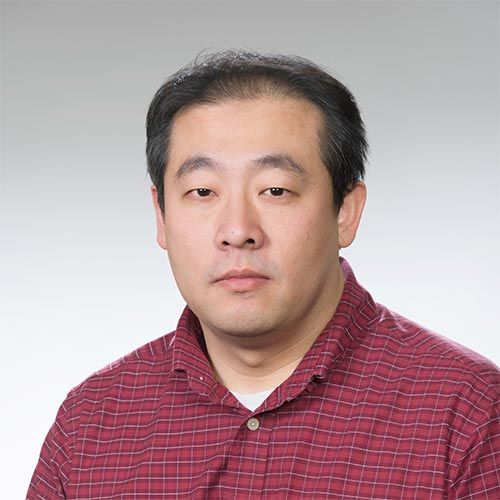
John Lee
MathWorks
John Lee is a principal consultant engineer who works with customers in the automotive and commercial vehicles industry to address embedded controls development challenges and implement Model-Based Design. John’s current technical focus is on model verification and validation techniques and ISO 26262. With over 15 years of industry experience, John has worked for Caterpillar and Delphi in a variety of applications ranging from diesel cold start control, semi-active suspension systems, and automotive interior modules. John received his B.S. and M.S. in mechanical engineering from The Ohio State University.
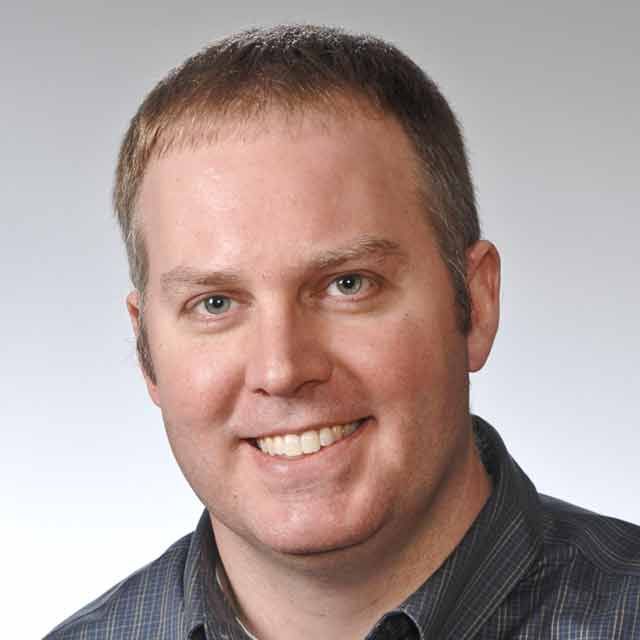
Chris Fillyaw
MathWorks
Chris Fillyaw is an application engineering manager for the automotive industry and collaborates with customers to realize the benefits of Model-Based Design and data analytics. His areas of focus are in virtual vehicle simulation, vehicle electrification technologies, and production code generation. He joined MathWorks in 2005 after spending six years developing audio DSP solutions at Ford and Visteon. Chris received a B.S. in electrical engineering from Michigan Technological University and an M.S. in electrical engineering from the University of Michigan.

Bennett Norley
Cooper Tire & Rubber Company
Bennett Norley is a research & development engineer with Cooper Tire & Rubber Company in the field of tire and vehicle dynamics. His primary area of research is in linking isolated tire performance with consumers’ subjective driving preferences. He has been critical to Cooper’s technological developments and advancements in vehicle dynamic simulation, tire testing and modeling, vehicle systems measurement, and big data analytics. Bennett is certified as a Lean Six Sigma Green Belt and is actively pursuing his Professional Engineer license. He graduated from the University of Akron with a bachelor’s degree in mechanical engineering and plans to complete a Master of Business Administration (MBA) degree in 2021.

Sid Attravanam
Cooper Tire & Rubber Company
Siddarth 'Sid' Attravanam is an engineering manager with Cooper Tire & Rubber Company in the field of tire and vehicle dynamics. His primary area of research is in understanding the links between human perception of driving and objective measurements of vehicle and tire dynamics. He has led the development of new objective and subjective vehicle testing methods. Sid also co-developed and teaches a training program for Cooper that teaches engineers the basics of vehicle and tire dynamics, along with subjective evaluation. Sid has a bachelor’s degree in mechanical engineering from The University of Texas at Arlington and a master’s degree in mechanical engineering from The Ohio State University.

Sunny Sun
AVL
Yue Sun leads vehicle controls team at AVL North America, Inc., with strong focus on Advanced Driver Assist System (ADAS) and Automated Driving (AD) algorithm development and software implementation. Yue and his team have extensive experience in control algorithm research and prototype development, and have supported wide range of customers in successful control software production launches, across the domains of ADAS, vehicle and powertrain. Yue holds Master of Science degree in Mechanical Engineering from University of Illinois Champaign – Urbana, specialized in controls, dynamics and embedded systems.

Robert ter Waarbeek
Ford
Robert ter Waarbeek is a the technical leader of FASST at Ford. He has led cross department CAE projects in past with a goal to improve CAE processes and methods inside Ford Motor Company. Robert holds a Masters degree in Automotive Engineering.
Seleccione un país/idioma
Seleccione un país/idioma para obtener contenido traducido, si está disponible, y ver eventos y ofertas de productos y servicios locales. Según su ubicación geográfica, recomendamos que seleccione: .
También puede seleccionar uno de estos países/idiomas:
Cómo obtener el mejor rendimiento
Seleccione China (en idioma chino o inglés) para obtener el mejor rendimiento. Los sitios web de otros países no están optimizados para ser accedidos desde su ubicación geográfica.
América
- América Latina (Español)
- Canada (English)
- United States (English)
Europa
- Belgium (English)
- Denmark (English)
- Deutschland (Deutsch)
- España (Español)
- Finland (English)
- France (Français)
- Ireland (English)
- Italia (Italiano)
- Luxembourg (English)
- Netherlands (English)
- Norway (English)
- Österreich (Deutsch)
- Portugal (English)
- Sweden (English)
- Switzerland
- United Kingdom (English)





